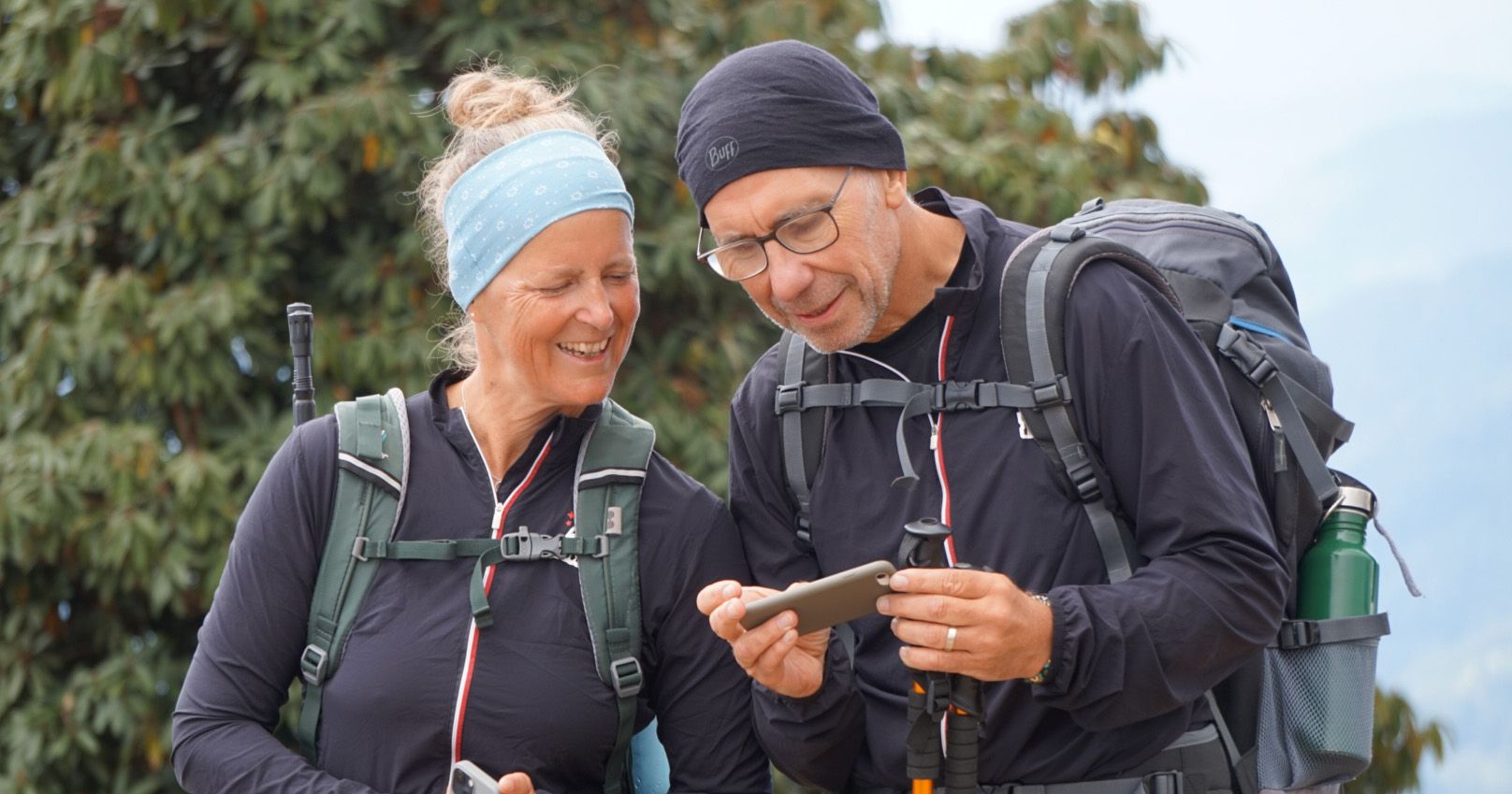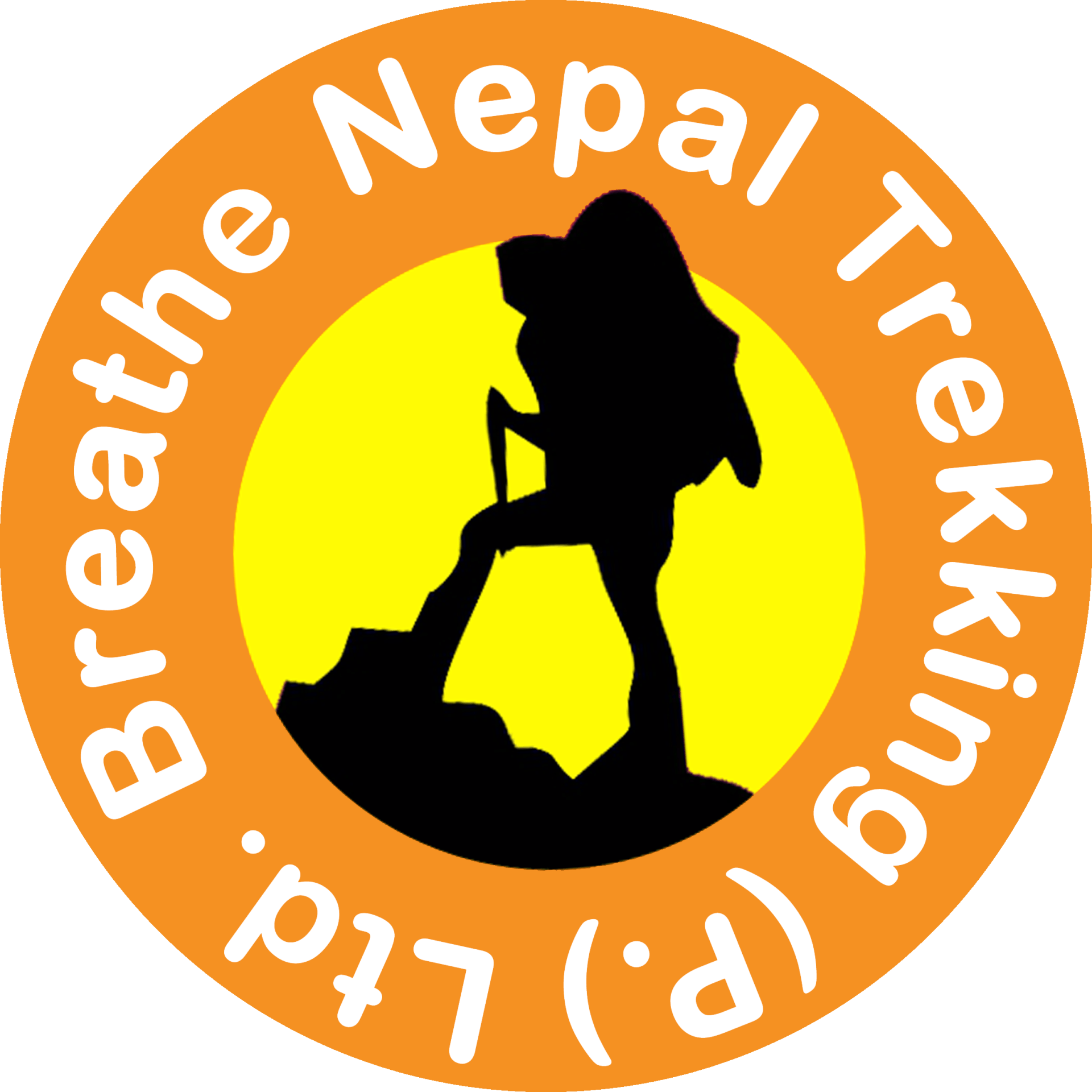Trekking Health
and Hygiene in Nepal
September 17, 2023

Essential Tips for a Healthy and Enjoyable Adventure
Nepal is globally celebrated for its adventurous activities. With the majestic Himalayan range extending from east to west, showcasing eight awe-inspiring peaks over 8,000 meters including Mount Everest and Kangchenjunga, the country is a haven for both national and international travelers. Nepal is one of the few countries to offer teahouse trekking at high altitudes. Given the remote and challenging nature of these landscapes, maintaining good health and hygiene is essential. This guide aims to address all your concerns about health and hygiene while trekking in Nepal, serving as your source for essential tips for a healthy and enjoyable adventure.
Vaccination Guidelines for Traveling to Nepal
Although no specific vaccination is mandatory for Nepal, it is not categorized as a red zone for infectious diseases. However, many travelers opt to be vaccinated against the following:
- Typhoid
- Hepatitis A and B
- Polio, Tetanus-diphtheria: Ensure your routine vaccines are up-to-date.
- Yellow Fever: Not required for Nepal, but needed if you're arriving from a Yellow Fever zone.
- MMR (Measles, Mumps, Rubella)
- Rabies: Crucial if you plan to explore rural areas or caves.
- Japanese B Encephalitis
Consult your healthcare provider before planning your trip, especially if you have existing medical conditions. Although medicines are readily available in Nepal, it's advisable to carry any prescribed medications.
Combatting High Altitude Sickness
High altitude sickness arises from inadequate oxygen levels and the body's struggle to adapt at higher elevations. Typically, symptoms manifest above 2,500 meters and include headache, dizziness, nausea, vomiting, fatigue, shortness of breath, sleep disturbances, and loss of appetite.
Immediate measures should be taken depending on the severity of your symptoms. Generally, rest for 12 to 24 hours helps alleviate the discomfort. Should symptoms persist or worsen, descend to a lower altitude as soon as possible. To prevent altitude sickness, stay hydrated, climb at a gradual pace, and maintain balanced blood pressure and energy levels. Abstaining from alcohol and smoking is strongly advised at high elevations.
Insect and Snake Bites
While Nepal is home to various insects, their bites usually result in minor allergies. Mosquito bites, however, can cause more severe issues. Carry insect repellent, especially anti-mosquito gel. Snake bites are rare in Nepal's Himalayan regions, so they're generally not a cause for concern.
Nepal's Healthcare System
Nepal has been making significant advancements in healthcare. Both government and private hospitals offer services across the country. Major cities feature advanced medical facilities, while remote areas provide health posts and basic healthcare services. Some hospitals, particularly in cities like Pokhara and Kathmandu, cater specifically to travelers and accept insurance payments. For other hospitals, payments must be made in cash upfront. Ensure you have comprehensive travel insurance before embarking on your journey.
We suggest that prior to embarking on your journey, you consult with your country's embassy or consulate for expert guidance on healthcare options and protocols for possible evacuation in case of severe emergencies.
First Aid Essentials
Consult your healthcare provider to prepare a standard travel first-aid kit. For trekking in Nepal, consider including:
- Painkillers
- Electrolytes
- Acetazolamide tablets
- Wound and blister bandages
- Antiseptic gel
- Antibiotics
- Medication for common cold, food poisoning, and diarrhea
- Personal prescription medications
Pharmacies in Nepal
In Nepal's bustling cities like Kathmandu and Pokhara, pharmacies are abundant and offer a wide range of medications. However, their presence dwindles as you venture into remote trekking areas. Although some over-the-counter medications are available without a prescription, it's advised to carry essential medicines from home. Before heading into the mountains, consider stocking up on necessary health supplies, and note that payments in remote pharmacies are generally cash-only.
Being prepared with the right medications can be a crucial factor in ensuring a safe and enjoyable trekking experience.
Food and Water Hygiene
Nepal offers a diverse range of culinary options, from continental delicacies to local Dhido. While food in cities is generally hygienic, always check expiration dates and opt for vegetarian choices when trekking in the mountains. Consume only boiled or purified water and avoid drinking directly from the tap. Carrying a thermally insulated water bottle is recommended.
Emergency Contacts
In case of a health emergency, promptly contact the following:
- General Emergency: 112
- Ambulance: 102
- Police: 100
- Keep your embassy or the relevant authority in Nepal updated about your status.
Wrap-Up
Nepal is a land of breathtaking beauty, but it’s essential to be well-prepared and vigilant about your health and hygiene. With the right precautions in place, you're all set for an unforgettable trekking adventure. Happy trekking!
